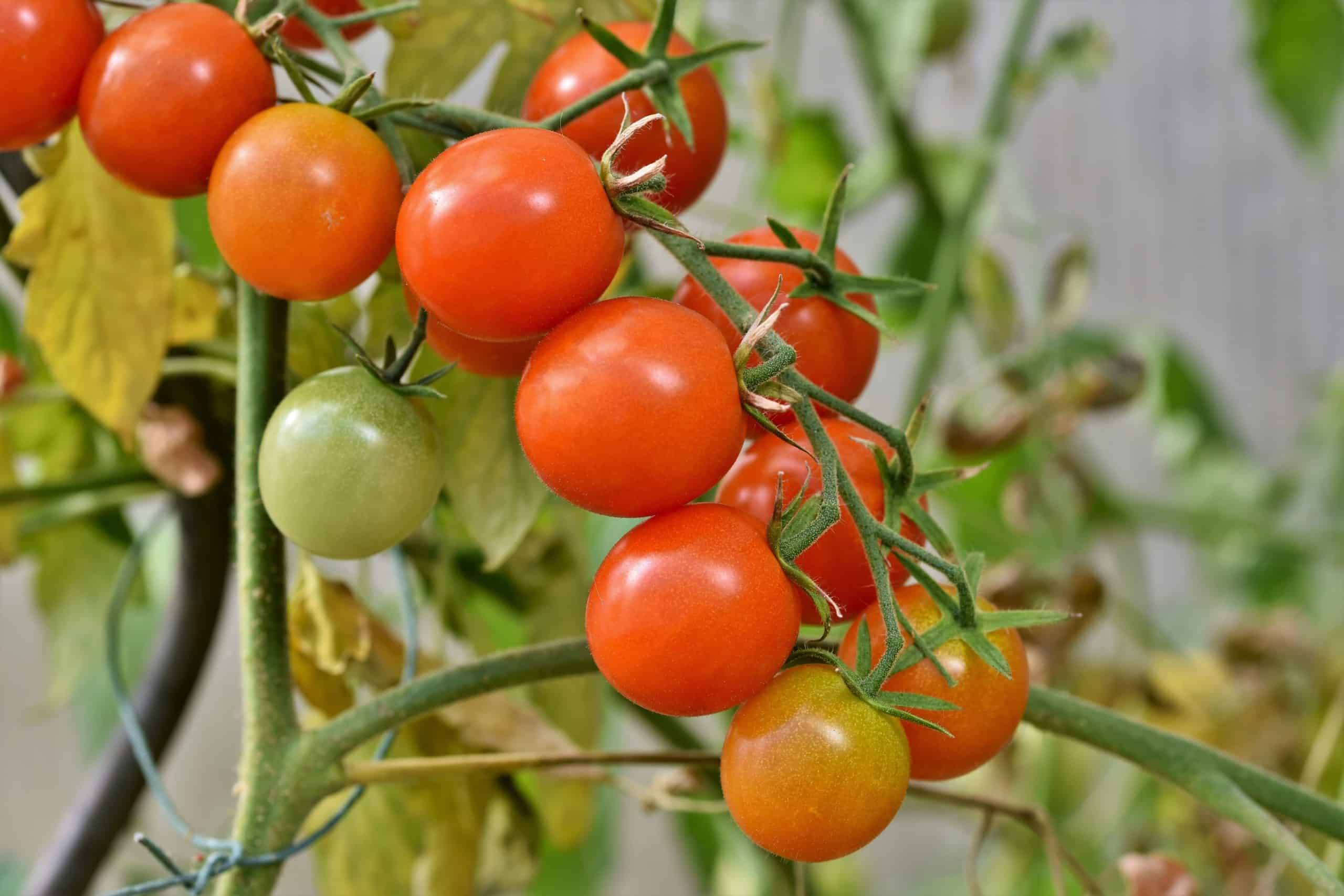Science is everywhere...
start here
Media

How do you grow the perfect tomato?
Is there anything nicer than a fresh, juicy, home-grown tomato on a summer’s day? Whether you like them sliced…
New
Most Popular

Is ordering a pizza bad for the climate?
In this episode of the Big Questions podcast, we’re talking about one of our favourite guilty pleasures – ordering…
New
Most Popular

Mike Clark
Environmental Scientist
I am a researcher focusing on the links between food, environment, health, and economics. I am particularly interested in…
New
Most Popular

Eleanor Hammond
Environmental Scientist
I am a researcher focussing on the links between food and the environment, and how changes to our food…
New
Most Popular

Aché Atta-Boateng
Cacao Tree Expert
My Story I grew up in a family of eight in Kumasi, Ghana, and they currently live in Accra.…
New
Most Popular

